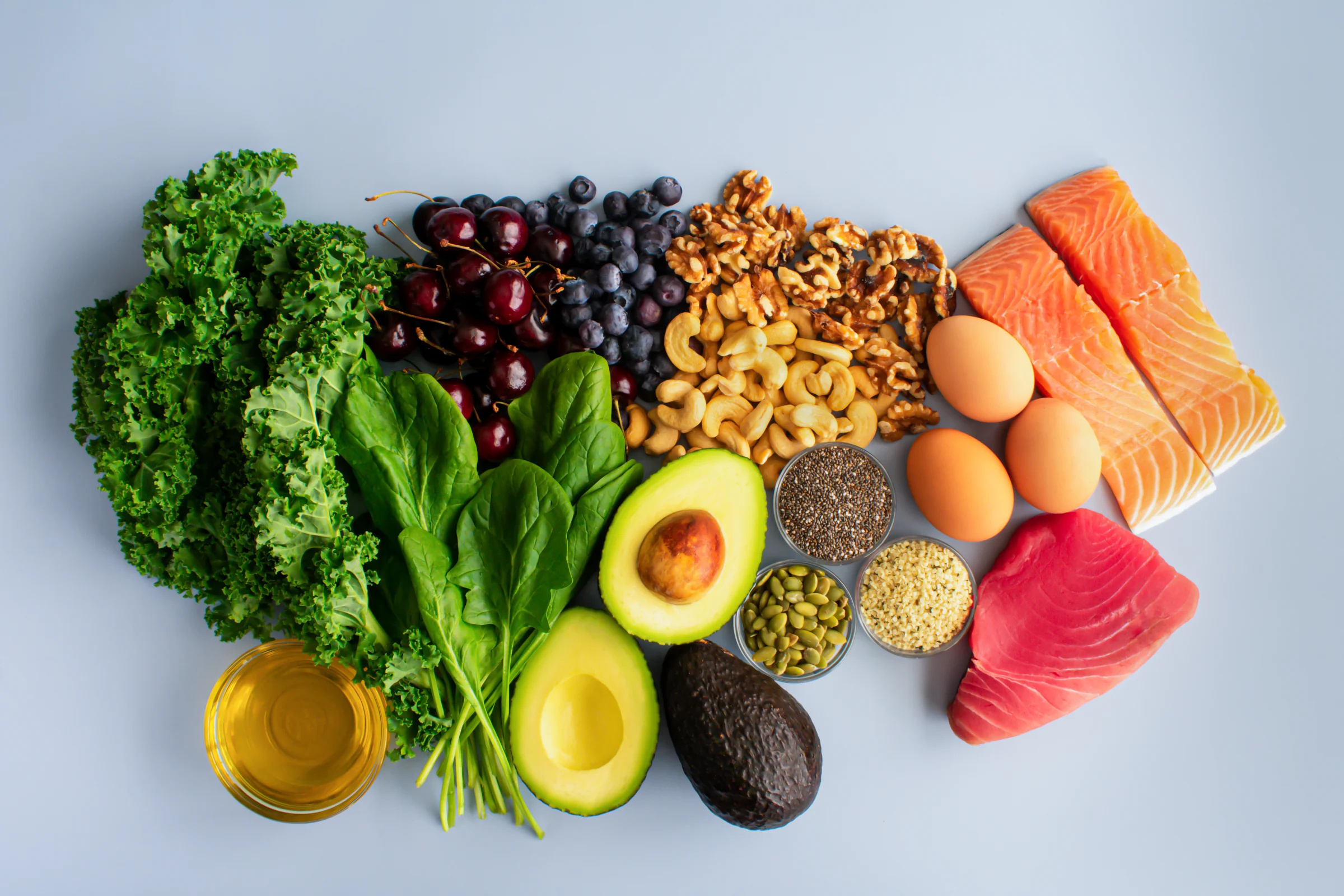Superfoods are often hailed for their ability to provide a significant nutritional boost in a small package. But what exactly qualifies a food to be labeled a “superfood”? The term, which became popular around 2011, continues to capture the public’s interest due to its association with health benefits. Dietitians, however, clarify that the term is largely a marketing tool and lacks a formal definition from the FDA. Still, many of these foods are packed with vitamins, minerals, antioxidants, and other compounds that promote overall health.
What Makes a Food a “Superfood”?
A superfood is typically a whole food that offers a high concentration of nutrients relative to its calorie content. Foods such as dark leafy greens, berries, and nuts are prime examples of superfoods. They are rich in essential vitamins, minerals, and antioxidants, making them beneficial for a variety of bodily functions, including heart, brain, and immune health.

The Health-Promoting Powers of Superfoods
Superfoods are associated with reducing chronic inflammation, improving immune health, and protecting against diseases like heart disease, type 2 diabetes, and certain cancers. While these foods are highly beneficial, dietitians emphasize that no single food can provide all the nutrients the body needs. A balanced, varied diet is crucial for optimal health.
10 Superfoods to Add to Your Diet
- Dark Leafy Greens: Kale, spinach, and Swiss chard are packed with vitamins like A, C, K, and several minerals, including iron and magnesium. They help reduce heart disease risk and slow cognitive decline.
- Berries: Strawberries, blueberries, and other berries are high in antioxidants and vitamins, aiding brain and heart health. They’re also low in sugar and calories.
- Cruciferous Vegetables: Broccoli, Brussels sprouts, and cauliflower are rich in cancer-fighting compounds and high in fiber, helping reduce the risk of chronic diseases.
- Salmon: Rich in omega-3 fatty acids, salmon supports brain, joint, and immune health. It is also a great source of protein and vitamin D.
- Nuts and Seeds: Walnuts, flaxseeds, chia seeds, and others are packed with heart-healthy fats, antioxidants, and fiber, supporting brain and heart health.
- Avocados: Packed with healthy fats, fiber, and vitamins, avocados are great for skin health, digestion, and reducing inflammation.
- Legumes: Beans, lentils, and peas are plant-based protein sources that also help reduce the risk of heart disease and maintain healthy digestion.
- Sweet Potatoes: High in vitamins A and C, sweet potatoes are great for immune health, digestion, and skin. They also have anti-inflammatory properties.
- Fermented Dairy: Yogurt and kefir are rich in probiotics and calcium, supporting gut, bone, and heart health.
- Tofu: A great plant-based protein, tofu contains essential amino acids and is rich in isoflavones, linked to reduced risks of osteoporosis and certain cancers.
Green Tea
Although not technically a food, green tea is often included in the superfood category due to its high concentration of antioxidants like EGCG, which may protect against chronic diseases and aid in weight loss.
FAQs
Are superfood powders as good as whole foods?
Superfood powders may offer concentrated nutrients but are often lower in fiber and other beneficial compounds found in whole foods. They’re not a replacement for a balanced diet.
Can superfoods help with weight loss?
Superfoods may help with weight loss by providing low-calorie, nutrient-dense options that keep you fuller for longer. When combined with a reduced-calorie diet, they can support weight loss efforts.
Are superfoods worth the hype?
Superfoods provide significant nutritional benefits but should be part of a varied, whole-food diet. They’re worth including in your meals but shouldn’t be seen as the sole solution for health.
Incorporating these nutrient-dense superfoods into your diet can help support long-term health and wellbeing, but the key is balance and variety in your eating habits.


